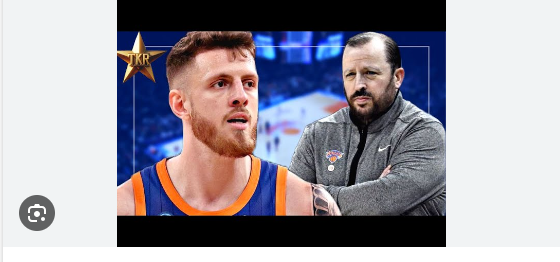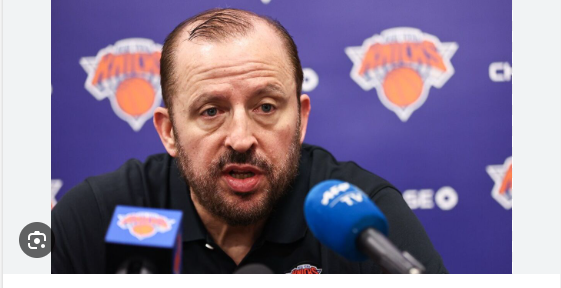**Con: Reduced Flexibility**
The Knicks’ flexibility has diminished significantly after making major moves. They are now limited to trading only the two protected first-round picks they have acquired from other teams. This restriction means the Knicks have fewer options if they need to make further adjustments or upgrades.
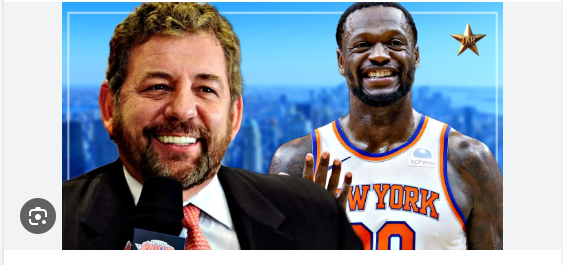
There are two potential strategies with Randle. One approach would be to trade him for younger, controllable assets or draft picks, which would provide flexibility for future moves—a tactic Leon Rose has employed before. The other approach would be to use Randle’s contract to facilitate a trade for a player who better complements the current roster and enhances their championship prospects.
**Pro: Extension Preserves Flexibility**
In today’s NBA, extending Julius Randle with a contract in the $40-45 million range ensures the Knicks don’t lose him without compensation.The team’s most tradeable salaries are now crucial to their chemistry and success.
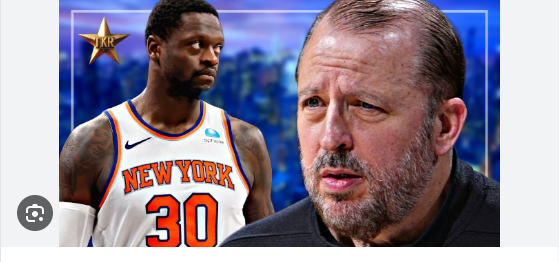
Even if Randle doesn’t seem to fit into the Knicks’ future plans or if there are better options for upgrading the roster, letting him walk without a return would be a major setback. A sign-and-trade might not yield much value, making an extension a prudent choice regardless of opinions about Randle or his fit with the team.
**New Social Media Controversy**
New York Knicks star Mikal Bridges recently criticized Indiana Pacers All-Star Tyrese Haliburton’s social media post showcasing his gold medal from the 2024 Summer Olympics in Paris. Haliburton, who was one of the point guards for Team USA alongside Stephen Curry, Jrue Holiday, and Derrick White, didn’t see much playing time during the tournament.
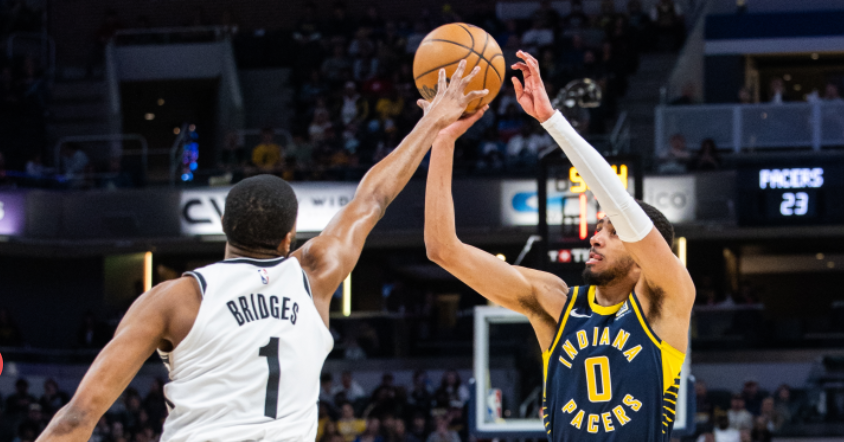
Haliburton poked fun at his minimal playing time in Team USA’s recent win over France with a social media post captioned: “When you ain’t do nun on the group project and still get an A.” Bridges responded with a humorous comment saying, “I hate this,” accompanied by several emojis, as noted by Geoff Magliocchetti of New York Knicks on SI.
